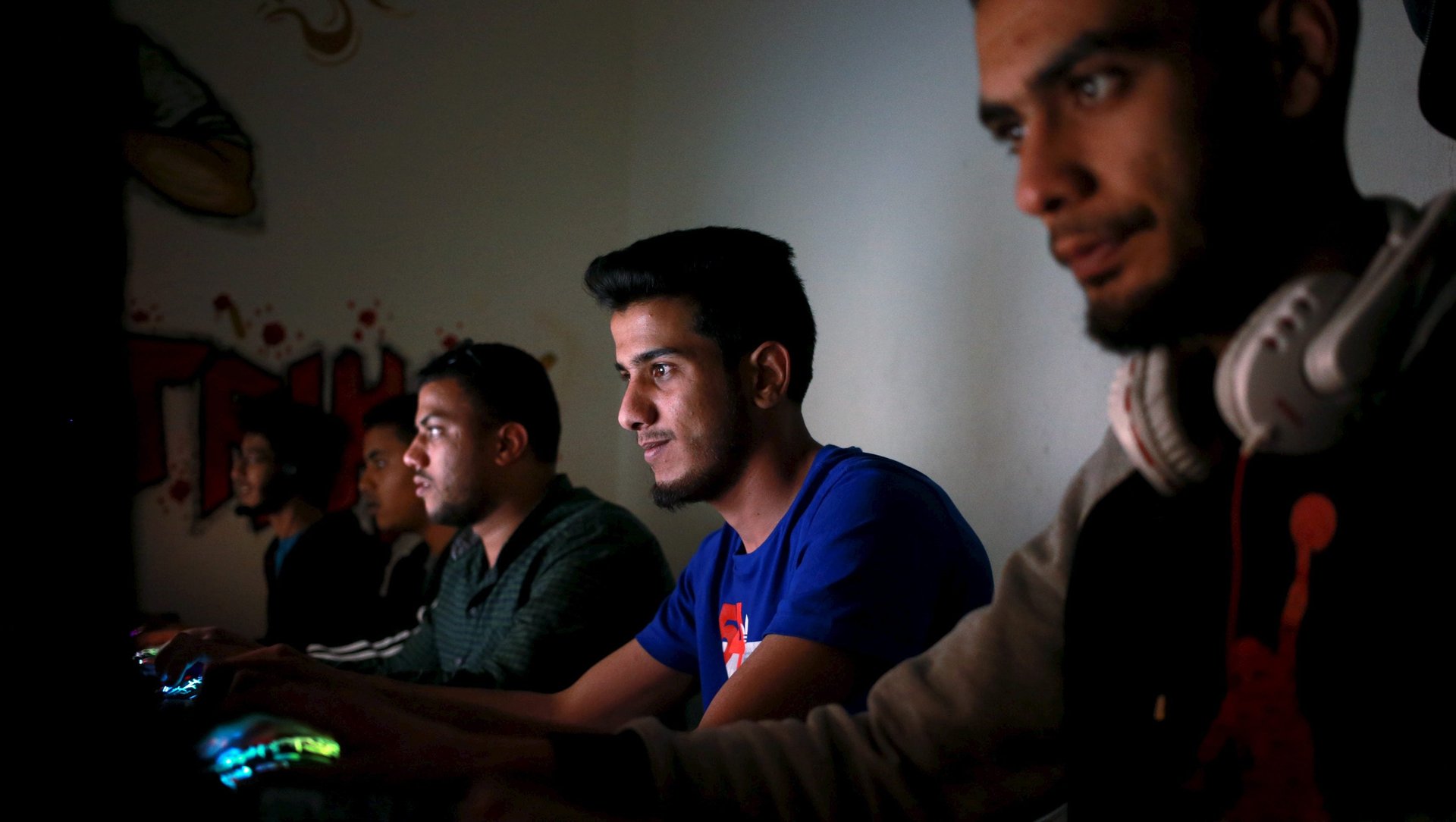Internet shutdowns are costing African governments more than we thought
Internet shutdowns have become much more frequent in Africa since 2015, with governments either totally cutting off the internet or blocking access to platforms like WhatsApp, Facebook, and Twitter.


Internet shutdowns have become much more frequent in Africa since 2015, with governments either totally cutting off the internet or blocking access to platforms like WhatsApp, Facebook, and Twitter.
In 2016 alone, 11 countries disrupted internet communications before crucial elections in Uganda, during national exams in Algeria, and anti-government protests in Ethiopia. In 2017, Cameroon instituted a 93-day blackout in its English-speaking regions, and Togo shut down the internet to stifle protests against president Faure Gnassingbé.
Yet despite the costly nature of these temporary disruptions, it has been hard to fully approximate or accurately estimate the impact they have on not only citizens but also on the economy in general. Last year, the Brookings Institution published a framework that calculated the costs by looking at the impact on the gross domestic product. The services firm Deloitte also released a report measuring the economic impact based on broadband usage and speed.
But taking these two approaches into context, the Collaboration on International ICT Policy in East and Southern Africa (CIPESA) has now developed a measurement that assesses both the immediate and long-term structural effects of internet shutdowns. CIPESA’s method calculates the direct loss of earnings not only in the digital economy and government revenues but also how shutdowns affect informal economies, worker productivity, supply chains, manufacturers and service providers, investor confidence and foreign direct investment.
The framework can be used to estimate either total shutdowns that affect fixed, wireless, and mobile internet connectivity, or partial disruptions targeting social media networks.
By analyzing targeted disruptions in 10 countries in sub-Saharan Africa, the report shows that when connectivity is throttled, slowed or severed, the impact can be systemic, disrupting the delivery of critical services and undermining economic growth. Over a combined period of 236 days since 2015, internet interruptions in these countries led to deficits of at least over $235 million. Shutdowns also erode business confidence: CIPESA captured this by looking at the percentage of businesses offline due to a shutdown and the loss of savings. In general, their estimates paint a damning picture that underscores how much shutdowns are consistently hurting African economies more than previously documented.
The shutdowns are even more damaging as technology and the internet continue to enable more businesses across the continent. Lower smartphone prices, increasing data connectivity, and cheap data plans continue to fuel the digital economy and increase competition. By 2025, the internet’s contribution to Africa’s GDP could grow by as much as 10% or $300 billion, according to McKinsey. The spread of mobile internet has also offered many Africans an opportunity to achieve key development aims, and access education, health services, insurance, and employment opportunities.
Wairagala Wakabi, the executive director of CIPESA, says that far from fostering stability, shutdowns are undermining economic activities and preventing order. “This could partly explain why incidences of government-ordered shutdowns are becoming prevalent [because] those ordering them are unaware of the full magnitude and consequences of these actions on their economies and citizens.”